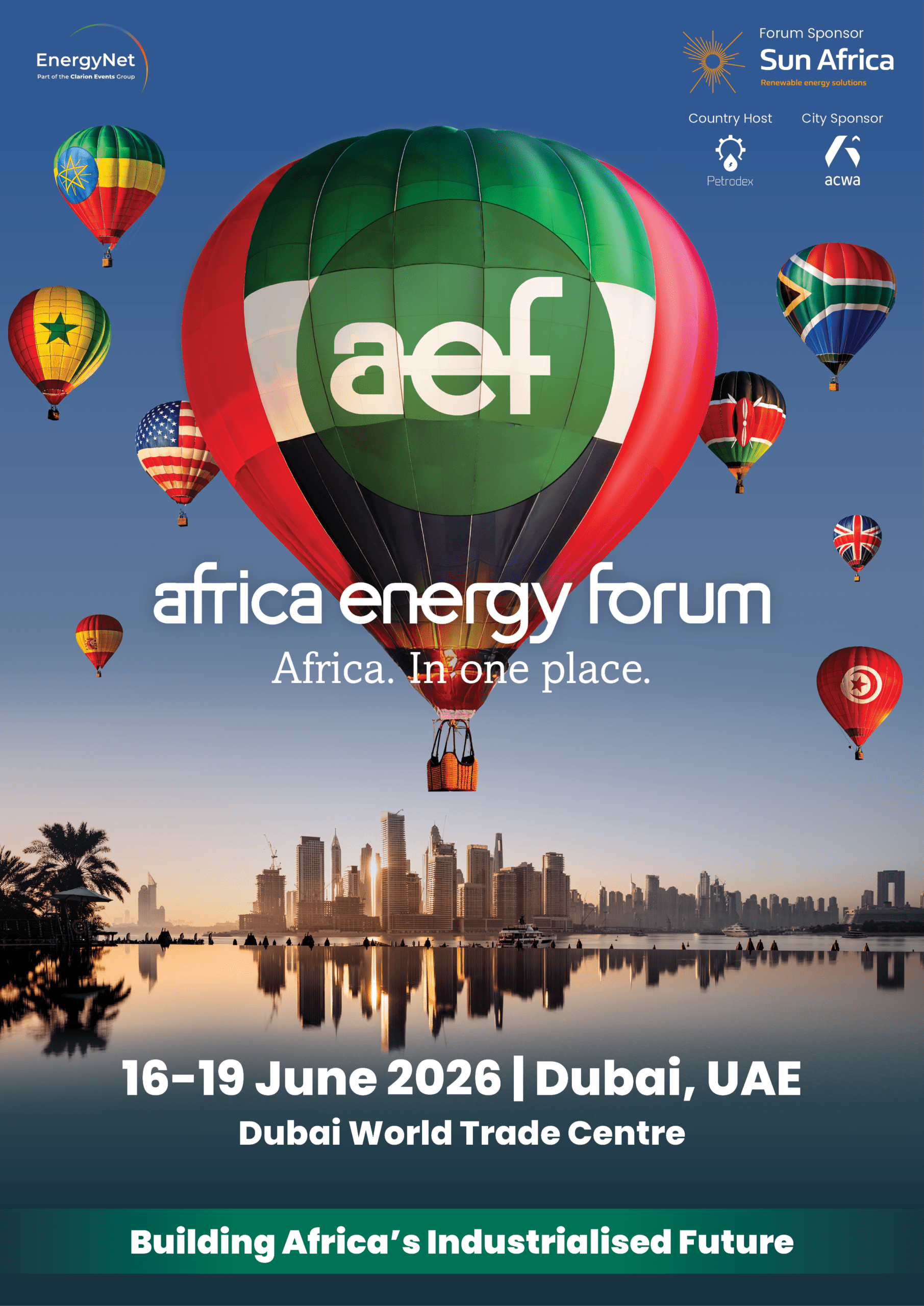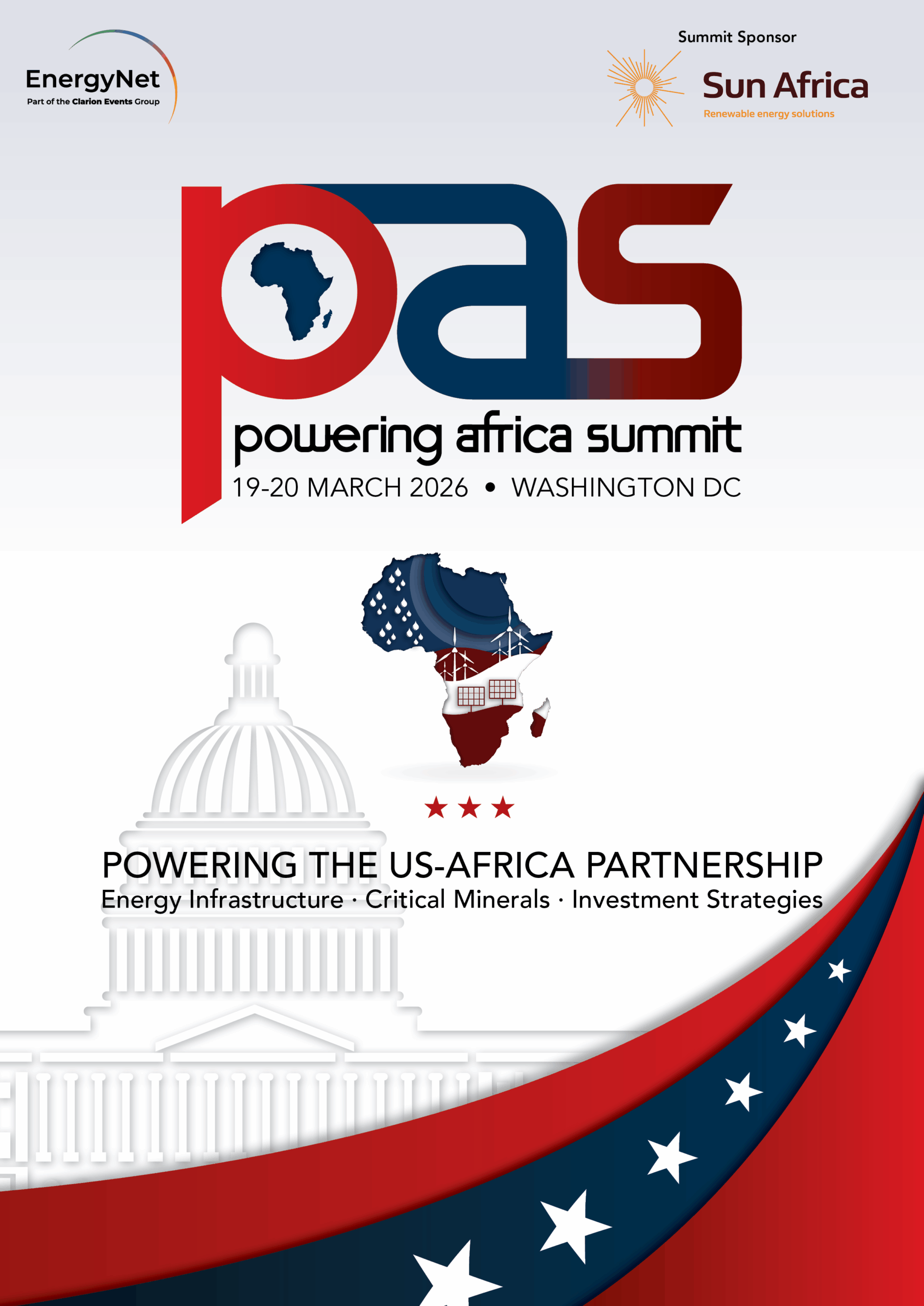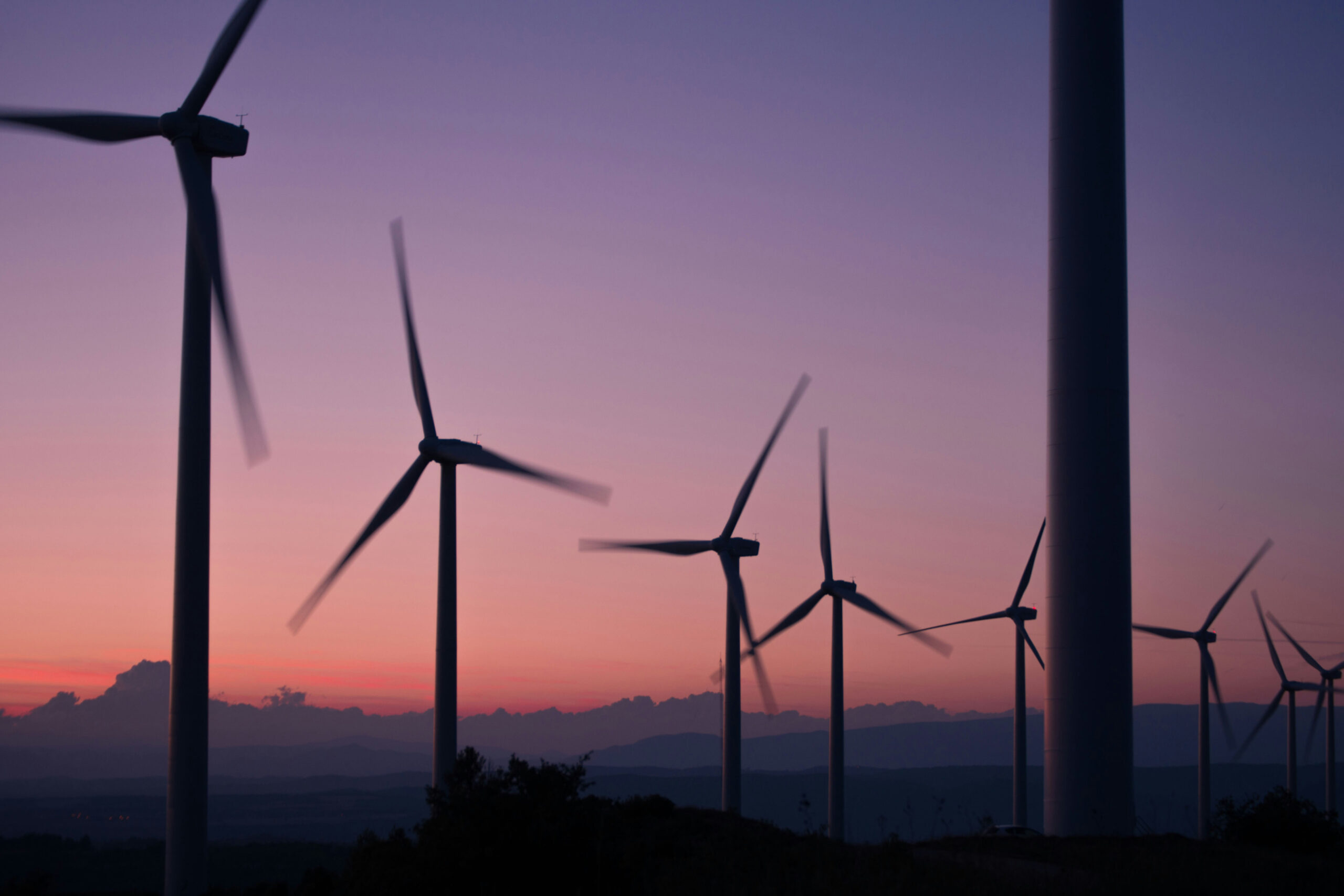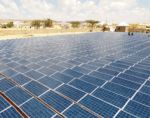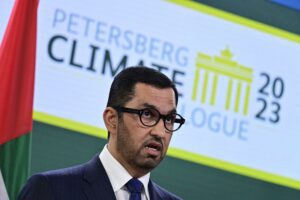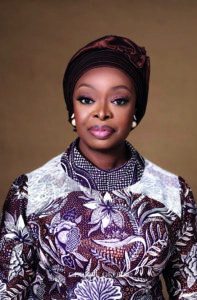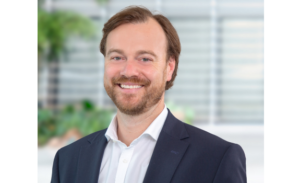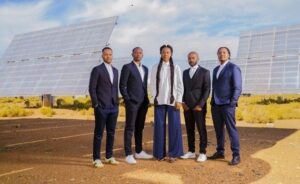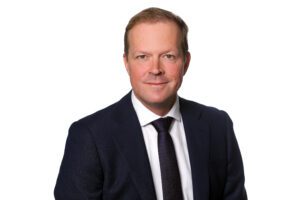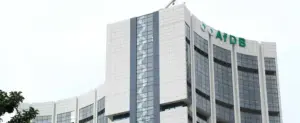
Keeping the Funds Flowing into Africa’s Offgrid Projects
Innovative financing solutions are helping investment to keep flowing into African offgrid renewables projects despite the difficult operating environment.
Fresh funding for offgrid solar projects in Africa has been more costly and harder to come by in the last two years than it was prior to the Covid pandemic, but that doesn’t mean investors are shunning a sector which is one of the main drivers for economic growth, social improvement and a switch to clean energy.
A number of sizeable investments and fund-raising initiatives emerged in the first half of 2022, which underline the potential for a return to rapid growth given the right conditions.
Sun King injects new offgrid funding
For example, private-equity backed solar firm Sun King, one of the world’s largest offgrid household solar products providers, said in April it had raised $260 million in series D funding to deliver off-grid energy technologies across Africa and Asia. The latest funding round was led by BeyondNetZero, the climate investing venture of General Atlantic. M&G Investments’ Catalyst and Arch Emerging Markets Partners also participated. This funding added to $170 million in equity and debt funding previously raised by Sun King.
“It’s now dramatically more affordable to power a home with a solar system than to extend the electrical grid: for less than the cost of a single electrical pole, we can install an entire solar energy system in-home. This funding will further unlock our ability to scale this revolution to the 1.8 billion people who need these products today, and the next billion who will need them tomorrow,” Sun King co-founder Anish Thakkar said.
The Nairobi-based company – formerly known as Greenlight Planet – plans to use $100 million of the latest funding to expand its pay-as-you-go (PAYG) solutions and introduce the capability for customers to attach more power-hungry appliances, such as refrigerators, to their solar systems, in addition to lights, mobile phones and small home appliances including TVs.
Sun King says it accounts for more than a third of global industry-wide PAYG revenues, and has sold products in over 40 countries including Kenya, where it estimates it has benefitted 18 million people over the last decade. Sun King also says its user base in Nigeria has tripled in the past year, reflecting that country’s status as a new hotspot for PAYG solar services. The company also has a presence in several other African countries including Uganda, Tanzania and Zambia.
Image: Solar_Off4.png
AfDB’s blended finance initiative
Sun King has been able to leverage its leading position in the sector to raise funds from the private sector. However, publicly funded institutions, including foreign government donor vehicles and multilateral development banks (MDBs) have played a crucial role in supporting the sector during the pandemic. In this regard, blended finance – mobilising funding from both public and private sectors – is proving to be important.
In December 2020, the African Development Bank (AfDB) launched a five-year, $50m blended finance initiative to provide relief and recovery capital to energy access businesses, supporting them through and after the pandemic. Financial close on financing agreements for a $20m concessional investment from the AfDB-managed Sustainable Energy Fund for Africa (SEFA) in August 2021. The loan agreements to fiancé the establishment of the Covid-19 Off-Grid Recovery Platform (CRP) were signed with fund managers Lion’s Head Global Partners, Triple Jump, and Social Investment Managers and Advisors.
REPP funds Madagascar solar
The potential for carefully targeted support to make a major contribution to emissions reductions while also providing offgrid access is evident in the deployment of hybridised solar PV at three heavy fuel oil (HFO) plants in Madagascar. This was made possible by $6 million bridge loan to developer LIDERA Green Power from the Renewable Energy Performance Platform (REPP), a UK government-funded programme supporting the development of Africa’s small- scale and distributed renewable energy market. REPP is managed by Camco Clean Energy, a UK-based specialist climate and impact fund manager.
Madagascar currently relies on imports of costly and polluting HFO and diesel as feedstock for plants that provide 75% of all its power requirements. That means one of the world’s poorest countries has some of the world’s highest electricity costs and is highly vulnerable to supply chain interruptions.
By building solar farms close to the HFO plants, renewable energy can substitute for HFO when it is available, helping to both diversify and clean up Madagascar’s power sector. In 2015, the country set a conditional nationally determined contribution (NDC) target of a 14% reduction in greenhouse gas emissions by 2030
The loan, which helped cover EPC costs, has allowed LIDERA to instal 2MW and 1.25MW of solar PV panels at plants in Toamasina and Mahajanga, respectively. Work to install a further 2.4MW at a third plant near Diego is being completed in 2022. The intention is that by proving the concept, this first phase will mobilise funding from other investors to back further expansion. The plan is to build a total of 10MW, 12MW and 20MW of solar PV capacity at the Diego, Mahajanga and Toamasina, plants respectively.
REPP says it has so far provided clean energy access to more than 1 million people in sub-Saharan Africa via 21 renewable energy projects with 24.7MW total capacity across 18 countries, with £46 million of capital contracted. Investments include solar mini-grids, solar home systems, isolated grid projects (metro grids), onshore wind and run-of-river hydro projects. These investments have resulted in avoidance of 58,870 tonnes of CO2 equivalent in emissions. REPP says it expects its portfolio to expand rapidly, reaching 57MW of capacity by end-2023, with 41 projects reaching final close.
Ben Hugues, Investment Director and REPP Lead at Camco said in May that while passing one million connections was a huge achievement for REPP, some 600 million people in Sub-Saharan Africa still did not have access to electricity. “REPP has been instrumental in developing a thriving and dependable market for the region's small-scale and decentralised renewable energy sector. Now we just need to scale it up by 600 times," he said.
Microsoft REC purchases fund DRC mini grid
The task of bringing offgrid energy to some parts of the continent is also being facilitated by the renewable energy certificate (REC) market. A good example is Microsoft’s purchase of so-called P-RECs to help fund the development of the 1.3MW Nuru solar-powered mini-grid in Goma, in the eastern Democratic Republic of Congo.
P-RECs are a type of REC issued by US-based Energy Peace Partners (EPP), an organisation which seeks to leverage climate finance solutions to support peace in areas affected by violent conflict. A REC represents the environmental attributes of the generation of 1MWh of energy produced by renewable sources, which can be used by to offset against emissions from the holder’s energy usage using other sources.
EPP has developed P-RECs to support renewable energy projects in poorly electrified, fragile and vulnerable countries. Microsoft's initial P-REC purchase in 2020 funded installation of streetlights connected to Nuru's minigrid. The second purchase, announced in May 2022, supports first-time electricity connections to the grid for households, businesses, and social institutions, as well as additional streetlights. The purchase also contributes to the funding Nuru's new 3.7 MW solar metro-grid anticipated to serve nearly 20,000 direct beneficiaries in Goma. Both Microsoft purchases were facilitated by 3Degrees, a climate solutions provider
These two mini grids combined, when complete, will be one of the largest off-grid mini-grids in Sub-Saharan Africa, benefiting 125,000 people and raising the average electricity rate from 3% to around 20%, according to EPP.
The worst of the Covid pandemic may be over, but with the Ukraine crisis’ impact on the global trade producing new challenges for fragile African economies, the offgrid sector will need to benefit from further innovative investment strategies if the target of universal electricity access is to be met.


